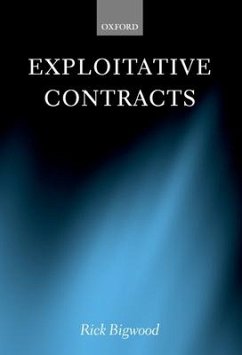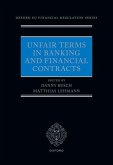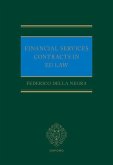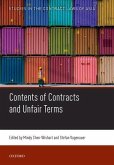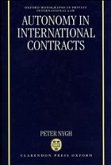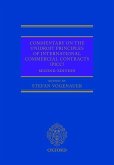Judges and scholars routinely use concepts such as 'exploitation' in a justificatory way. In the field of contract law, a finding of exploitation may excuse a party from the normal consequences of his or her manifested contractual assent. However, the meaning of exploitation is usually assumed for this purpose, rather than elaborated. In fact, exploitation is a highly contested concept. Exploitative Contracts examines the 'essentially contestable' criteria of interpersonal exploitation claims. It puts forward a conception of exploitation: 'legal contractual exploitation', a form of wrongdoing that arises in connection with the formation of contracts. This notion is shown to underpin traditional heads of relief in contract law, including unconscionable dealing, undue influence, unilateral mistake in equity, and 'lawful act' duress. Importantly, this notion of legal contractual exploitation conforms to the intellectual and institutional forms of order presupposed by the classic liberal conception of the contract. The wrongfulness of an act of exploitation must reside in some characteristic of the processes of contract formation rather than in some quality of the impugned contract itself. The doctrines of unconscionable dealing, duress, and undue influence are examined in detail in the light of what they each reveal about the 'process' conception of legal contractual exploitation. In turn, the volume explains how an understanding of these contract law doctrines can be enhanced by a proper conception of exploitation.
Hinweis: Dieser Artikel kann nur an eine deutsche Lieferadresse ausgeliefert werden.
Hinweis: Dieser Artikel kann nur an eine deutsche Lieferadresse ausgeliefert werden.

